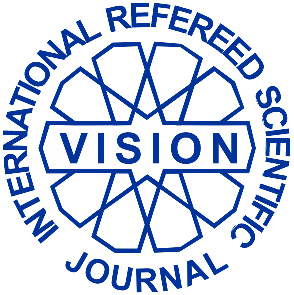Prof. Zoran Filipovski, PhD
TRANSITION PROCESS IN SOUTHEAST EUROPE AND THE PROTECTION OF THE CORPUS OF BASIC RIGHTS AND FREEDOMS
Abstract
ABSTRACT
The article presented the reasons for the difficulties related to drags on the transition processes in the countries of South East Europe with special focus on the Western Balkans. In further elaboration is covered process of change in all socialist countries which took place on the same regularities to all, particularly in the successor countries of the Former Yugoslav Federation. The transition period has led to a lower level of wild capitalism, and in some of them, to a certain level of liberal social model, with restrictions, in particular those relating to the democracy. In this direction as limiting factors of the democratic transformation which have impacted on slow pace of the transition processes were: subvert state tissue susceptible to corruption, slow reform of political institutions and harmonization with the European Union law, the dominance of the executive over the legislature, the weaknesses in the economy, social welfare, media, educational institutions; and insufficient differentiation of civil options. The strengthening of nationalism and ethno-nationalism, as a negation of the democratic political culture, socialization of personality and the affirmation of human values, which determine the transition processes in the countries of Southeast Europe are also subject to the exploration of this paper. Human rights are an essential segment of the text because most of the reasons that amused transition processes affect the violation of the corpus of fundamental rights and freedoms of citizens.
Keywords: Transition processes, political culture, civil society, media, human rights and freedoms
